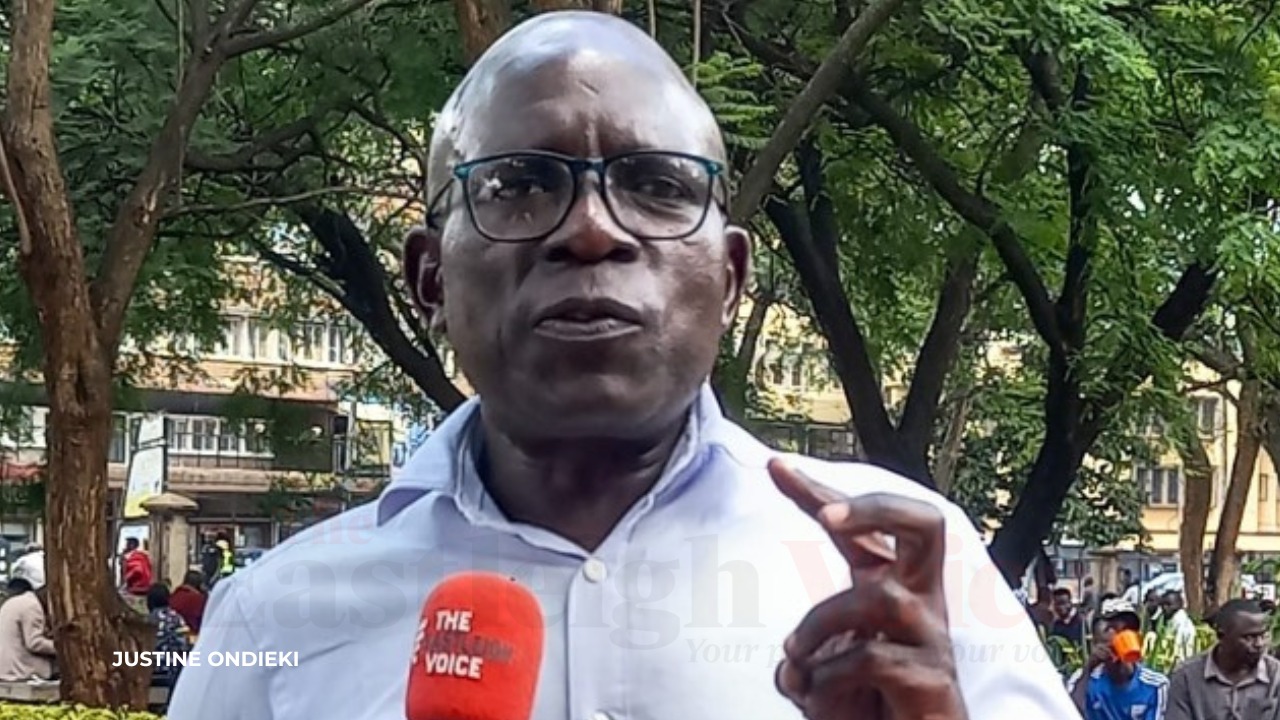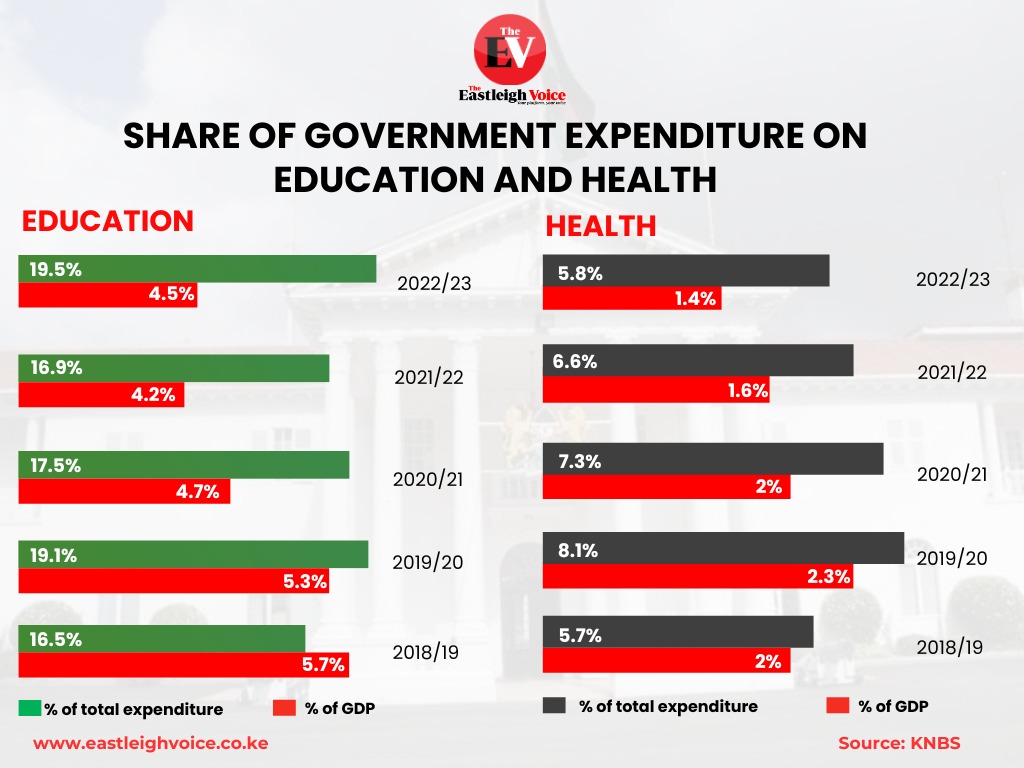Police define areas of focus in major plan to upgrade equipment and institute reforms

The document further states that the service will employ robust cyber security measures, monitor cybercrime activities, and stay abreast of emerging technologies.
In the next three years, the country's security landscape will undergo major reforms and improvements, including strengthening the National Integrated Security Surveillance System, equipping the National Police forensic laboratory, and enhancing officers' tools of trade.
This is part of the objectives set out in the National Police Service five-year strategy document that was launched late last year.
More To Read
- Kenya homicide cases stabilise after 2021 peak
- Kenya, UK celebrate success of Sh3.6 billion REINVENT security programme after seven years
- IG reshuffles top police ranks as six senior officers moved
- IEBC blames police officers for by-election violence, maintains poll largely successful
- Seven arrested over Kariobangi North church chaos as police pursue more suspects
- Wajir police nab suspect with AK-47 rifle in ongoing crackdown on illegal firearms
The strategy aligns with former Chief Justice David Maraga's recommendations on reforms at the police and prison service and further sets objectives for improving the welfare of the police over the period.
These include the ongoing review and improvement of pay for all officers in the security sector, establishment of a contributory benevolent fund, Police and Prison housing mortgage scheme, group life insurance cover for NPS and Prison officers, and sustaining ongoing Police Reforms.
Others include; better terms of service and working conditions; and motivation of service personnel to motivate staff and improve officer retention following the exit of some skilled officers from the service due to poor working conditions.
If implemented as is, the service will also increase its engagement with the community as a preventative measure against the proliferation of avoidable crimes.
"Policing requires active support of communities to prevent, detect, and reduce the fear of crime. The objectives of the community policing framework included the realisation of safer communities; joint problem solving and the promotion of transparency and accountability in policing. Its other purpose was to guarantee the enjoyment of individual fundamental rights and freedoms; consulting local communities on their needs and ensuring cultural fairness and ultimately earning confidence and trust in the police," the document states.
On police accountability, the strategy seeks to promote efforts geared towards achieving the constitutional provisions, through strengthening, enhancing the capacity of, and decentralising the services of the Internal Affairs Unit (IAU) to regions to improve the service delivery of the unit and enhance police accountability.
At the same time, review and implement the NPS anti-corruption strategy, review the police training curriculum, and strengthen mechanisms for managing misconduct and complaints against the police.
The document further states that the service will employ robust cyber security measures, monitor cybercrime activities, and stay abreast of emerging technologies.
In regards to increased resource-based crimes in the country, the strategy says the service intends to train its staff on crime ecology and the interlinkage between environmental factors and criminal behaviour.
To succeed, the strategy requires stakeholder interventions for example in urban areas where police state that unplanned urban settlements are hindering police mobility, and emerging challenges associated with population influx in resource-constrained zones.
As such, similar interventions will also help address issues like a lack of infrastructure and good roads that have been cited as key challenges preventing the police from reaching crime zones.
It further cites political interference as a current threat to to police independence and situations of political uncertainty that are a threat to national security.
Economic factors further challenging police work include; a high rate of inflation and unemployment that is fueling crime and budgetary constraints that hinder implementation of police programmes and delivery of services.
The strategy shows the service is in a deficit of millions of shillings needed to fill the resource gap needed for the Plan implementation period.
Last month, President William Ruto said Sh28 billion is needed to modernize the National Police Service over the next two years.
"It is our intention to make sure that many of our policemen and women, who discharge a very sensitive responsibility of protecting all of us, work in conditions that help them discharge that responsibility," he said.
He said for a start, 1,000 new vehicles will be acquired for the police early this year under the police leasing program to alleviate the shortage at police stations across the country.
Top Stories Today













































